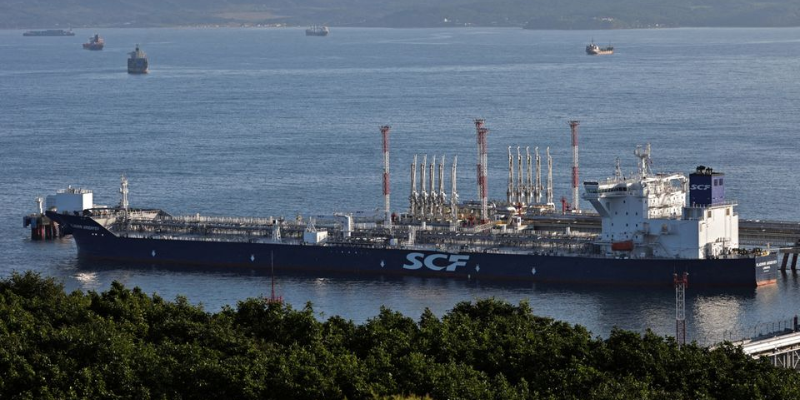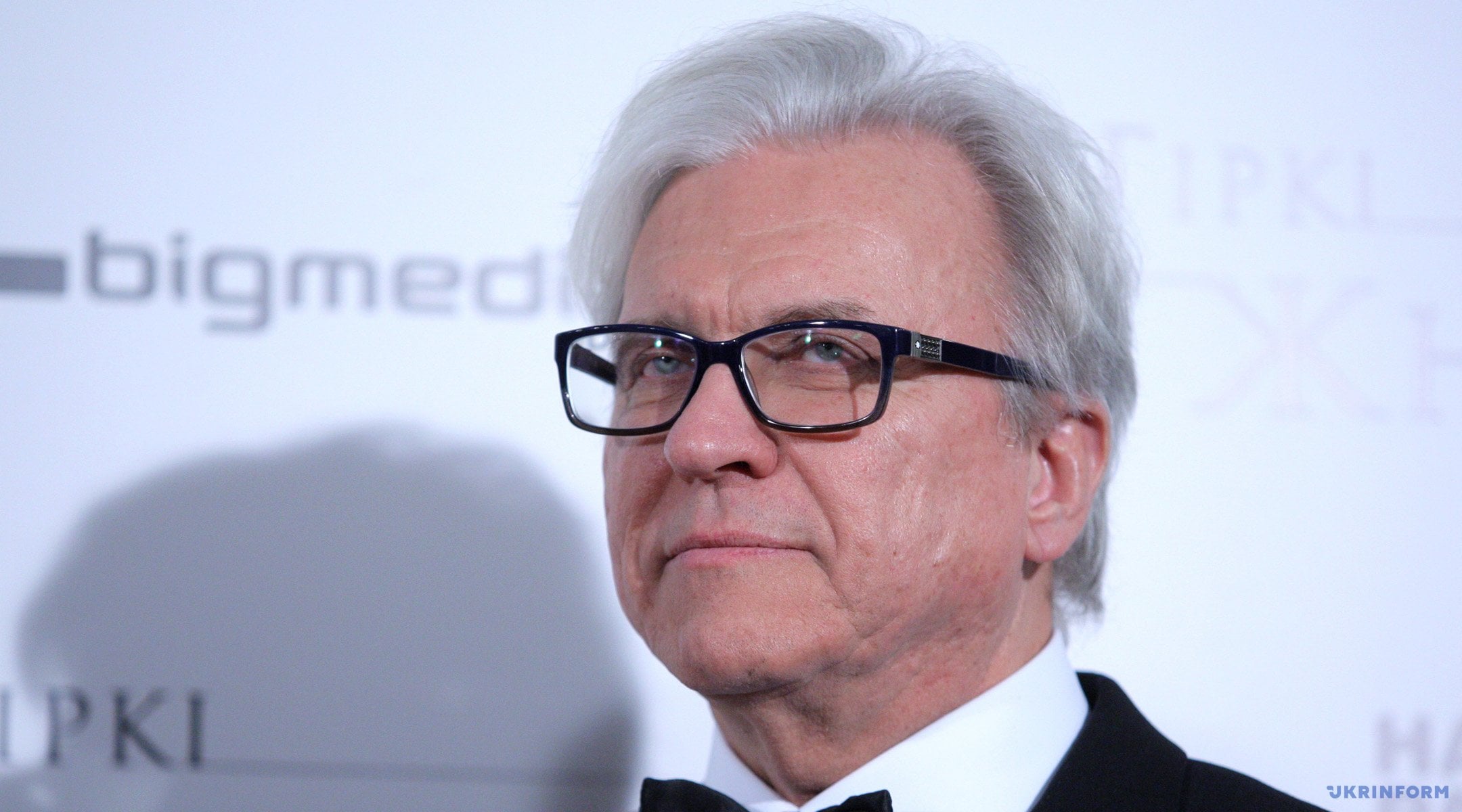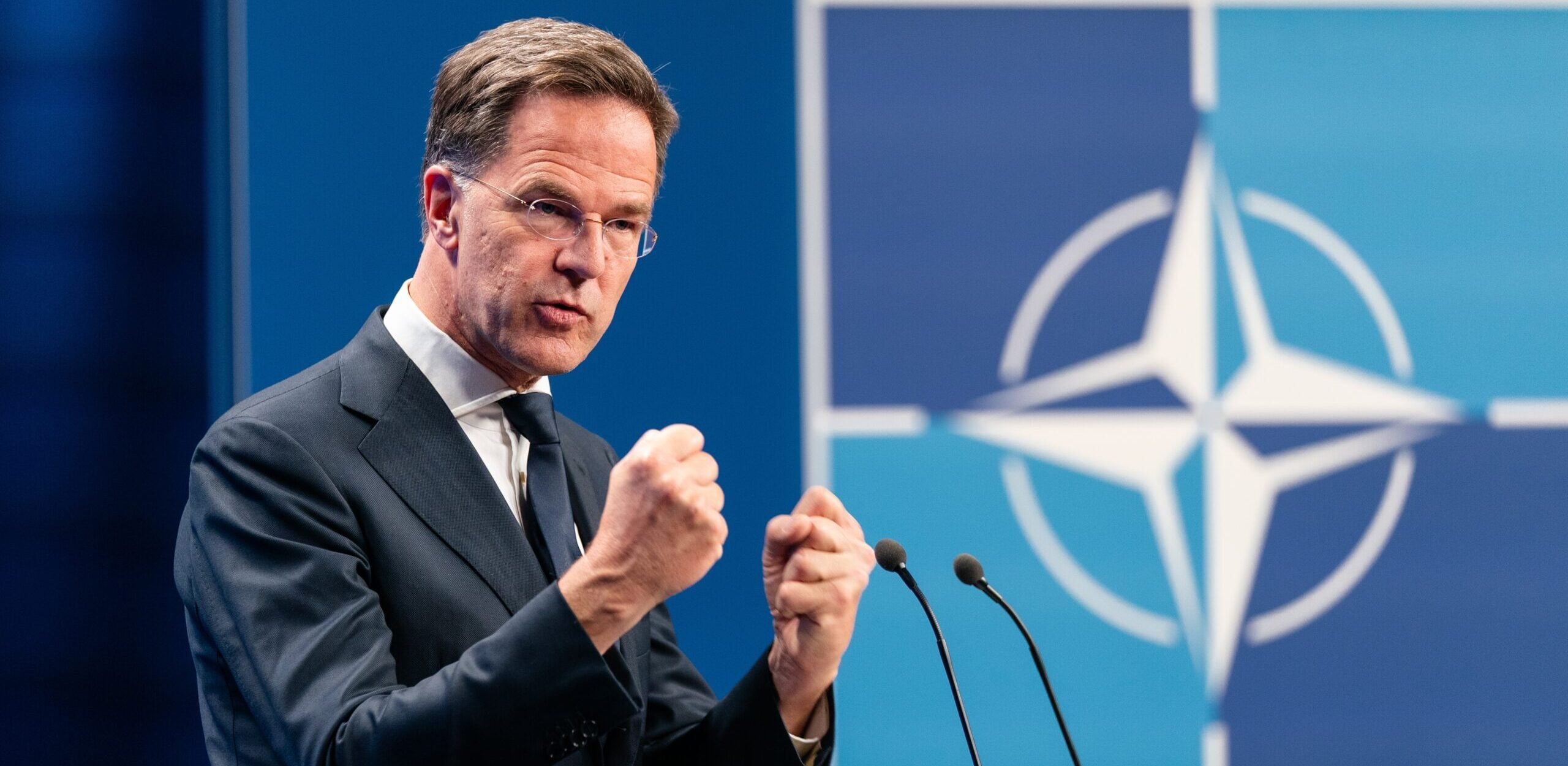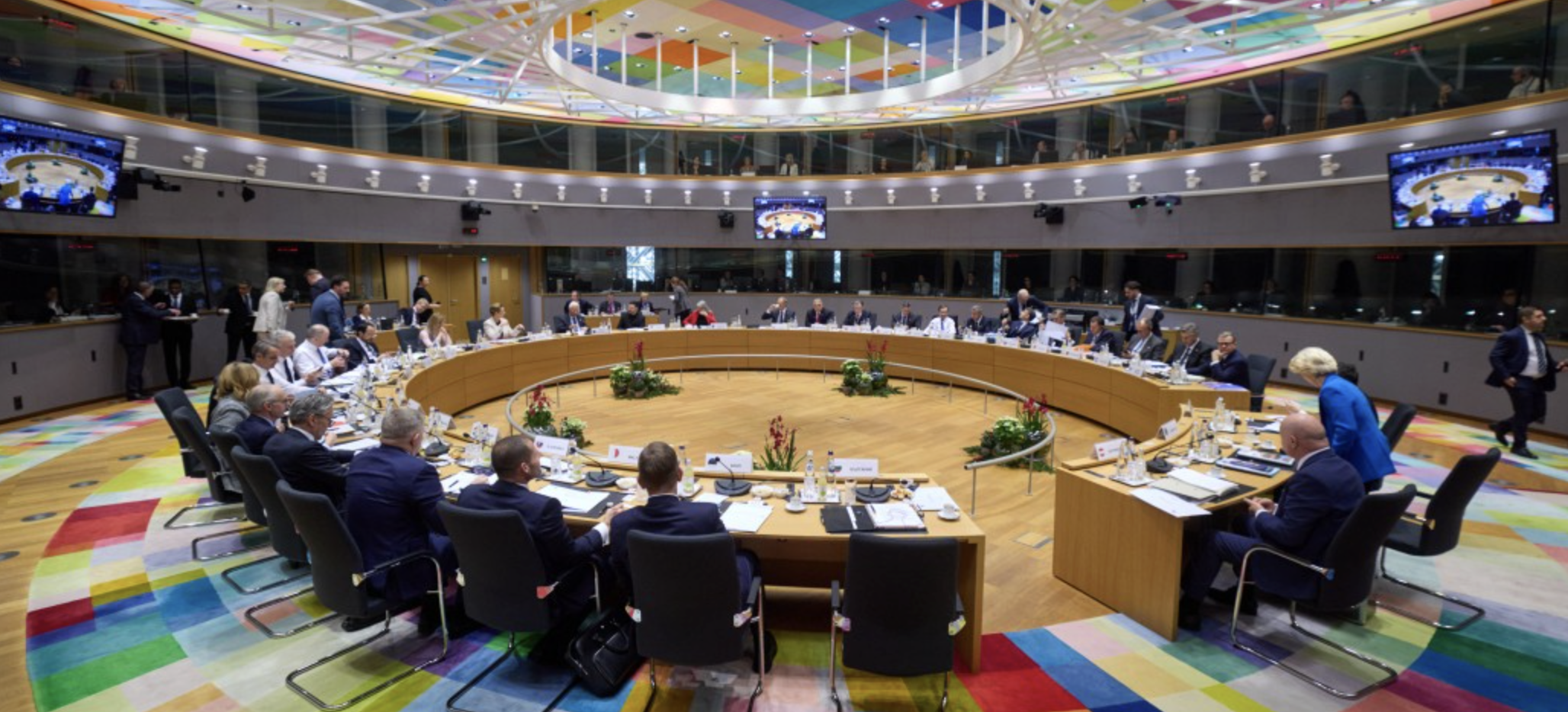
With the last-minute OK from Poland, the European Union agreed on Friday to set a maximum price of $60 per barrel for Russian seaborne oil. The G7 coalition and Australia then adopted the cap.
“With this decision today, we deliver on the commitment of G7 Leaders at their [June 26-28, 2002] summit in Elmau to prevent Russia from profiting from its war of aggression against Ukraine, to support stability in global energy markets and to minimize negative economic spillovers of Russia’s war of aggression, especially on low- and middle-income countries, who have felt the impacts of Putin’s war disproportionately,” the G7 and Australia said in a statement.
The EU/G7 jurisdictions will prohibit insurance and other services by their providers that enable maritime transportation of Russian oil globally, “but with an exception for Russian-origin crude oil or petroleum products that are purchased at or below a specified maximum price.”
The price cap will enter into force on Monday, Dec. 5, or “very soon thereafter,” according to the statement. The policy provides for an adjustment mechanism to keep the cap at 5% below the market price.
The G7 also reaffirmed their intention to phase out Russian-origin crude oil and petroleum products from their domestic markets.
At $60 per barrel, the cap is a little lower than major buyers of Russian oil, like China and India, currently pay, but it would not apply if buyers ship and insure the cargoes with companies from countries outside of the group imposing the cap, according to The New York Times. It is unlikely to drastically reduce Russia’s oil revenues, which are critical to its war effort in Ukraine.
“Russia has repeatedly said it will ignore the policy and refuse to sell oil under the price-cap system. But some 55 percent of the tankers that transport Russian oil out of the country are Greek-owned, according to maritime data and analysis by the Institute of International Finance, and the main insurers for these cargoes are based in the European Union and Britain. Companies in other parts of the world offer such services, and Russia uses them, but switching all of its exports to alternative providers would probably be more expensive and less secure for buyers,” the NYT story reads.
Warsaw had resisted the proposed cap level, pushing for it to be as low as possible to squeeze revenues to Russia and limit Moscow’s ability to finance its war in Ukraine. Polish Ambassador to the EU Andrzej Sadoś on Friday told reporters Poland had backed the EU deal, which included a mechanism to keep the oil price cap at least 5% below the market rate. U.S. officials said the deal was unprecedented and demonstrated the resolve of the coalition opposing Russia’s war, according to Reuters.











